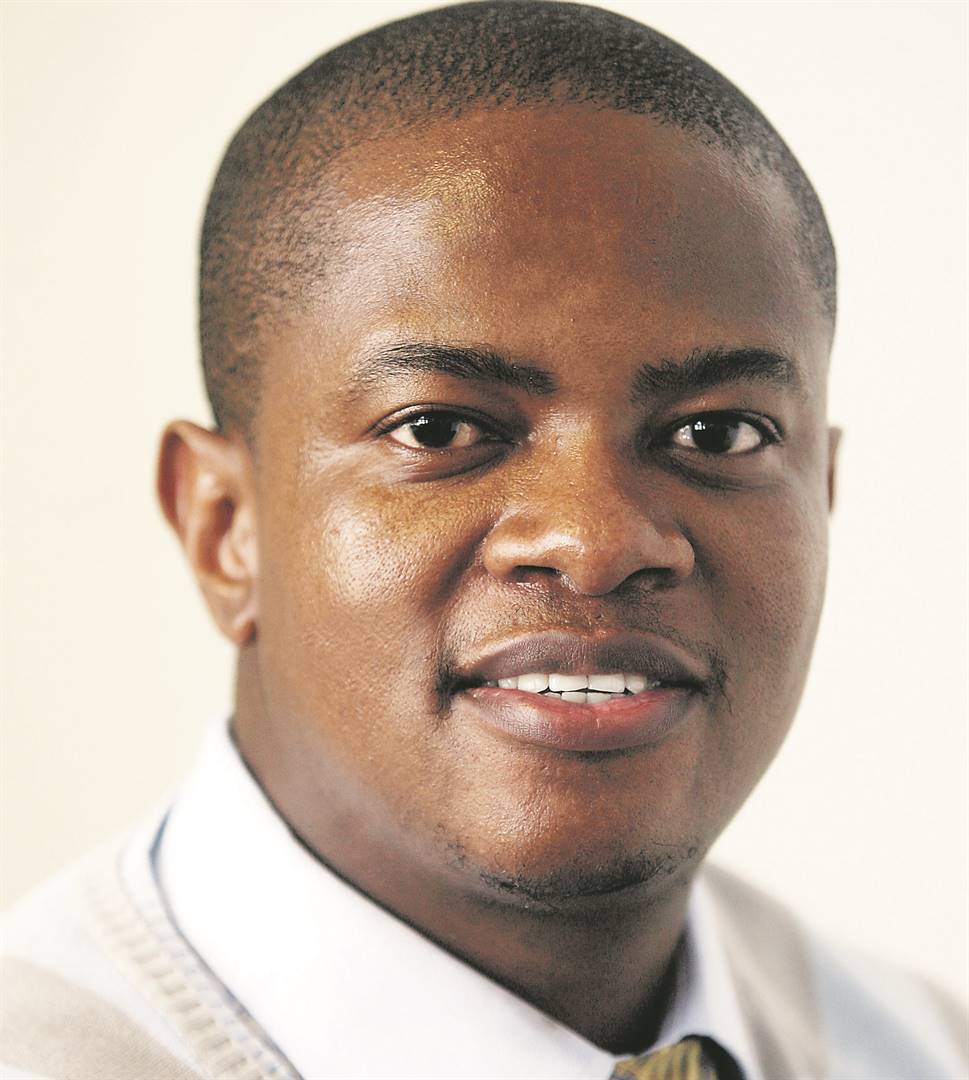
When President Cyril Ramaphosa emerged marginally victorious at the ANC elective conference in Nasrec about 15 months ago, many concluded he was set to be a lame duck leader.
He was constrained by his slim victory, we were told.
The commentariat agreed he could be nothing but a weak leader.
When he had a chance to reconfigure Cabinet but simply made tweaks that didn’t involve axing then Water and Sanitation Minister Nomvula Mokonyane and then Social Development Minister Bathabile Dlamini, we were told he was a president unsure of how to use his power.
The cosmic changes he made to the executive flattered only to deceive. We were told that real power in the ANC lay in Mr Unity himself, Deputy President David Mabuza.
But is Ramaphosa really weak?
Or is he a cunning operator who knows how to wear down his opponents using commissions and courts, while keeping his hands clear of the political bloodletting in his wake?
Ramaphosa’s predecessor, Jacob Zuma, was brutish and canny, others will say shameless, in how he used and abused his power.
A leitmotif of the Ramaphosa presidency is that he eschews a gung ho display of power.
He prefers to be a silent sniper, with political body bags on the floor already.
To understand Ramaphosa’s emblematic impact in his 15 months in power, we must start with the gestalt and move to the specifics.
A clear picture emerged this past week when some of the top ANC leaders retreated to Luthuli House instead of coalescing around Ramaphosa’s Cabinet and Parliament.
It has become apparent that Mokonyane and Dlamini will not be part of the “new dawn” Cabinet.
This is billed as part of a clean-up that might leave many unhinged if it targets the two women but leaves a host of tainted men, the most senior of whom is the queer and unpredictable cat that is Mabuza.
It may be true that Mabuza decided of his own volition to step aside and clear his name before being sworn in.
There may also be another plausible explanation for his action: that he was reading Ramaphosa’s increasing list of the walking wounded and, as a potential future leader of the party, wished to jump before he was seen to be pushed.
How long will it take for Mabuza to clear his name? Is it long enough for Ramaphosa to appoint an ideal, untainted deputy while Mabuza is kept busy, well, explaining himself?
And therein lies the rub. Ramaphosa’s rise to power has ensured many are kept busy explaining themselves.
Mabuza, like Mokonyane and Dlamini, will spend time explaining and fighting off stigma from his past.
And it’s a pity that Mokonyane must exit the stage before we have heard her response to accusations coming from the self-confessed criminal and racist Angelo Agrizzi.
Many high-level officials have spent a fair share of their time before commissions and courts, explaining themselves before bowing to Ramaphosa’s power.
These include tainted former SA Revenue Service commissioner Tom Moyane, former National Prosecuting Authority officials Lawrence Mrwebi and Nomgcobo Jiba, and Eskom CEO Matshela Koko.
As a consequence of Ramaphosa’s political clean up, Dlamini, Mokonyane and Mabuza will be congregating at Luthuli House, where embattled ANC secretary-general Ace Magashule and his feisty deputy Jessie Duarte are based.
If a report by Independent News that the Hawks are on the verge of pouncing on Magashule is to be believed, then Magashule’s effusive rebukes of those who credit Ramaphosa with saving the ANC in the recent general polls depict a man whose back is firmly against the wall.
A man who, like the rest, is about to spend time explaining himself and rescuing his own reputation.
But the above is a curious list of influential people to be left to their own devices at Luthuli House.
Ramaphosa must never forget that former president Thabo Mbeki was removed by what started off as a coalition of the wounded that formed a nucleus of a different growth around his then deputy, Zuma, while he went about the business of government.
Zuma knew when he killed off the Scorpions that he was declaring open season on the government tender system, sowing the seeds of state capture.
Reversing this is not merely a battle against Zuma, but against many, including those who supported Ramaphosa at Nasrec, who continue to benefit from the state largesse.
The seeds of a battle royal are already germinating.
It is a battle Ramaphosa must be encouraged to fight, but one that might spawn his own demise.
If he does not champion this critical yet arduous task of cleaning up the state and renewing the oldest liberation movement, whose child must do it?
Ramaphosa is a man of too few platitudes, but one who, when he promises fire and bromides, will slowly follow through with action, allowing his enemies to stew in their history at commissions of inquiry and in courts.
Sefara, a former newspaper editor, is chief executive of reputation management firm Unscripted Communication




 Publications
Publications
 Partners
Partners








